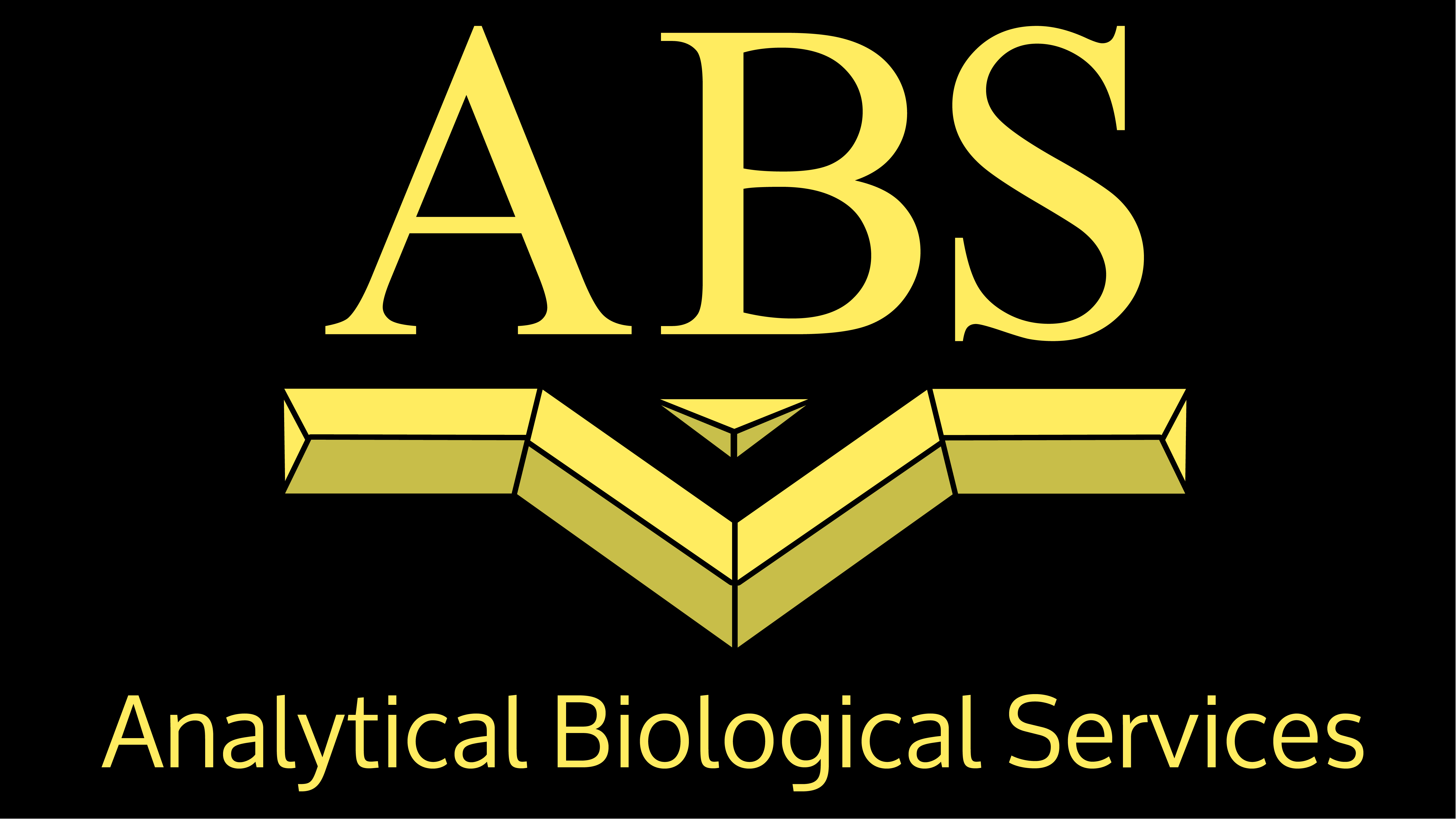
I remember many years ago sitting in a meeting at a major pharmaceutical company. An executive said that the group should pursue an innovative approach to a drug target. A team member proposed such an approach. The next question was: “Who else is doing it?”
The point is that everyone values innovation, but few are willing to accept the risk of doing something no one else has done. Who wants to jump off a cliff into the water without knowing if the water is deep enough? Why get killed being first if a braver or more foolish individual will test the waters before you?
In research and especially in drug discovery, testing the waters can be an expensive proposition. This is a dilemma that many life science entrepreneurs and scientists face. Being innovative means being first. Do you try to build a business based upon a novel concept? Do you propose a new research program based upon something that no one else is doing and that is untested? Innovation has risks. If it fails, dollars and credibility may be lost, at least temporarily. However, we all know of examples of failures that were only a stepping stone to incredible success.
Innovation is not the only way to build a business or a career. An incremental approach can lead to steady improvements and success. ABS’ start in 1990 was based upon the now accepted innovation of supplying and processing cells and tissues for drug discovery scientists, freeing researchers to focus on discovery. Since 1990, we have grown by steadily improving and refining our processes to help accelerate discovery.
There is a third path to innovation, although strictly not innovative. An organization may purchase or license new technologies. For example, we are making investments into CRISPR partnerships, stem cells for drug discovery, and 3-D cell culture. These investments into innovative technologies enable us to continually improve and focus on our clients’ needs.
Under the category of too much of a good thing, there is another side to innovation for both scientists and entrepreneurs. Innovation can be a temptation that diverts resources in search of a new or more attractive prize. Over 15 years ago, as both a scientist and entrepreneur, I admit to succumbing to such a temptation.
We came across a very innovative technology that had applications in food safety, infectious disease detection, and drug discovery. Work on it resulted in several million dollars in federal grants and contracts, and several patents. It was a very interesting and potentially valuable project. However, we lacked the resources and time to fully develop it unless we abandoned our core focus.
We made the difficult decision to shelve the project and focus on our mission of providing biological materials and related services to make research faster, easier, and more reliable for scientists.
Whether you are a scientist or an entrepreneur or both, the tension between new ideas and your current course will exist. It is critical to examine what is important to those you serve and yourself. Is it better to focus on a new technology or your long-term mission? Arguments can be made for either approach. We choose to focus on our mission. Ultimately, this benefits our clients and ourselves as we continue to grow and add value for our clients.




